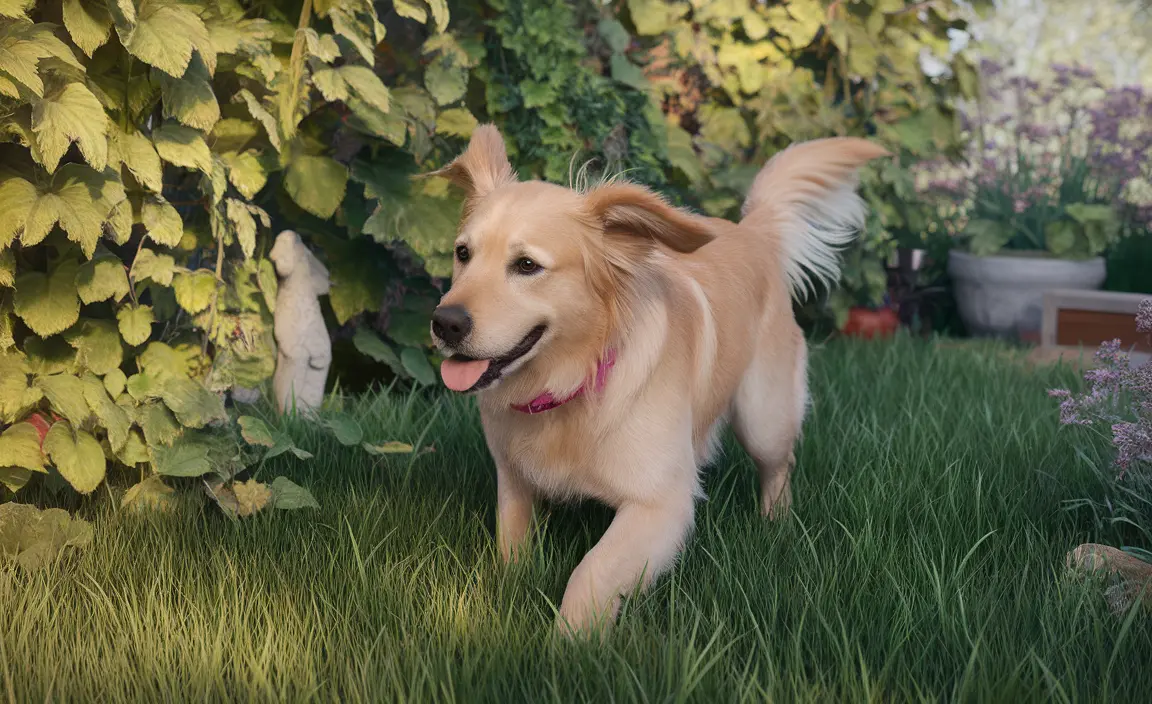Dog lovers seeking a new furry companion must navigate a complex landscape of breeding practices, where not all breeders are created equal. Backyard breeders represent a significant concern in the world of dog breeding, potentially compromising the health and well-being of puppies through uninformed and irresponsible practices.
Understanding the key characteristics of backyard breeders is crucial for anyone looking to bring a healthy, well-socialized puppy into their home. This comprehensive guide will explore what defines a backyard breeder, the risks associated with their breeding methods, and how to identify responsible breeding practices.
What Defines a Backyard Breeder?
A backyard breeder is typically an amateur or hobby breeder who lacks professional knowledge and resources in dog breeding. Unlike professional breeders, they often breed dogs without comprehensive health testing, genetic screenings, or a strategic approach to improving breed standards.
Key Characteristics of Backyard Breeders
- Breed dogs without proper health clearances
- Do not participate in breed-specific shows or events
- Lack specialized breeding facilities
- Often breed multiple breeds or 'designer' mixes
- Minimal focus on genetic health and breed improvement
- Inconsistent veterinary care and puppy socialization
Health Risks and Breeding Practices
Backyard breeders significantly increase the risk of genetic health issues in puppies. Without rigorous health testing and genetic screening, these breeders may unknowingly perpetuate inherited conditions that can cause long-term health problems for dogs and significant emotional and financial stress for owners.
Common Health Concerns from Backyard Breeding
- Increased likelihood of genetic disorders
- Higher rates of hereditary diseases
- Potential behavioral problems due to poor socialization
- Reduced overall genetic diversity
- Compromised immune system functionality
Identifying Responsible Breeding Practices
Responsible breeders stand in stark contrast to backyard breeders, prioritizing the health, temperament, and genetic quality of their dogs. These professionals invest significant time, resources, and expertise into producing healthy, well-adjusted puppies.
Hallmarks of Ethical Dog Breeding
- Comprehensive health testing for breeding dogs
- Active participation in breed clubs and shows
- Selective breeding focused on improving breed standards
- Proper socialization and early training programs
- Transparent breeding facilities
- Lifetime support for puppy owners
- Careful screening of potential puppy homes
The Broader Impact of Backyard Breeding
Backyard breeding doesn't just affect individual puppies—it contributes to broader issues of pet overpopulation and animal welfare. By producing dogs without careful consideration, these breeders can inadvertently increase the number of dogs surrendered to shelters or experiencing health challenges.
Frequently Asked Questions
What is the difference between a backyard breeder and a responsible dog breeder?
Responsible breeders prioritize genetic health, breed improvement, and puppy welfare through comprehensive testing, professional facilities, and selective breeding. Backyard breeders typically lack these professional standards and prioritize quantity over quality.
How can I identify and avoid a backyard breeder when buying a puppy?
Look for breeders who provide comprehensive health certifications, allow facility visits, have transparent breeding practices, and can provide detailed pedigree information. Avoid breeders who seem unwilling to answer questions or show their breeding environment.
What health risks can puppies face if they come from backyard breeders?
Puppies from backyard breeders may experience higher rates of genetic disorders, inherited diseases, compromised immune systems, and potential behavioral issues due to inadequate socialization and health screening.
Why do backyard breeders contribute to pet overpopulation, and what can be done to prevent it?
Backyard breeders often breed dogs without considering population control, leading to unnecessary litters. To prevent this, potential dog owners should adopt from shelters, support responsible breeders, and advocate for spaying and neutering.
How can I ensure that my puppy is coming from a breeder who practices responsible breeding methods?
Research breeders thoroughly, request health clearances, visit their facilities, speak with previous puppy owners, and ensure the breeder is transparent about their breeding practices, health testing, and commitment to the breed's well-being.






